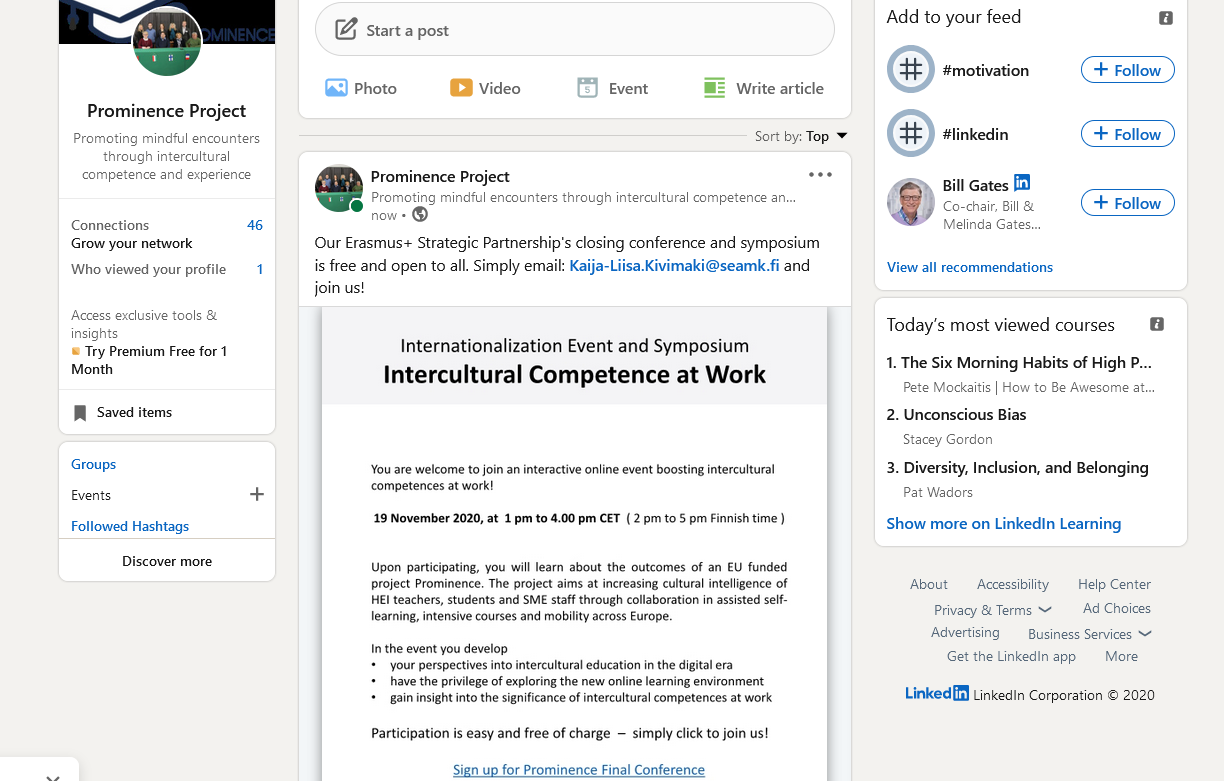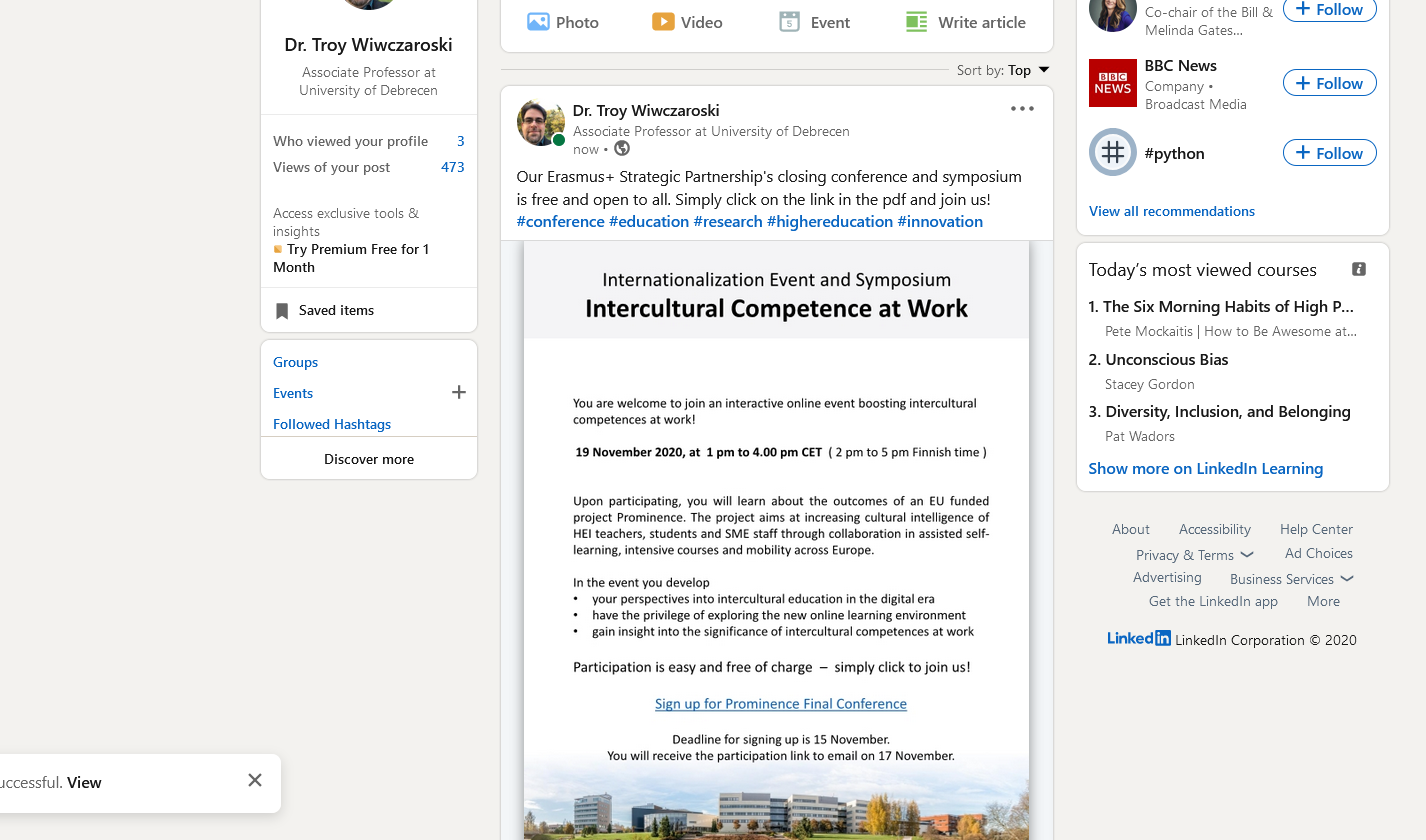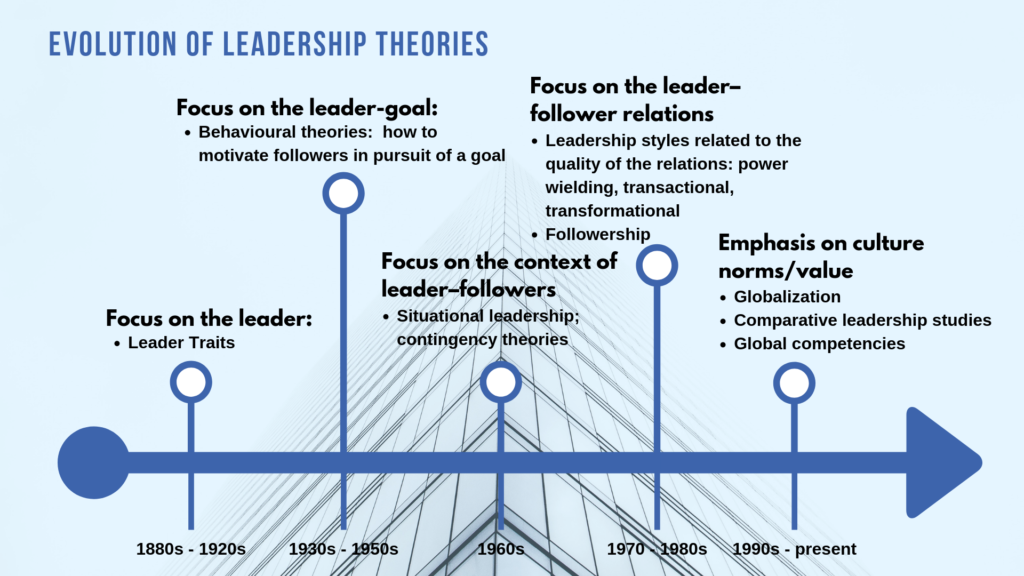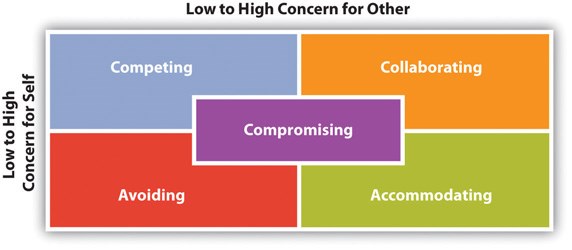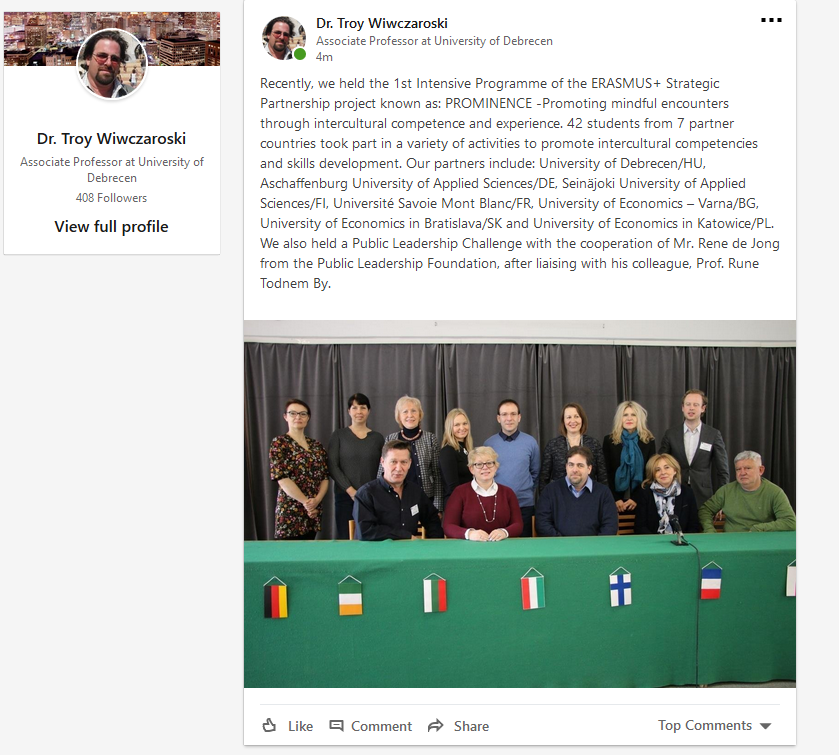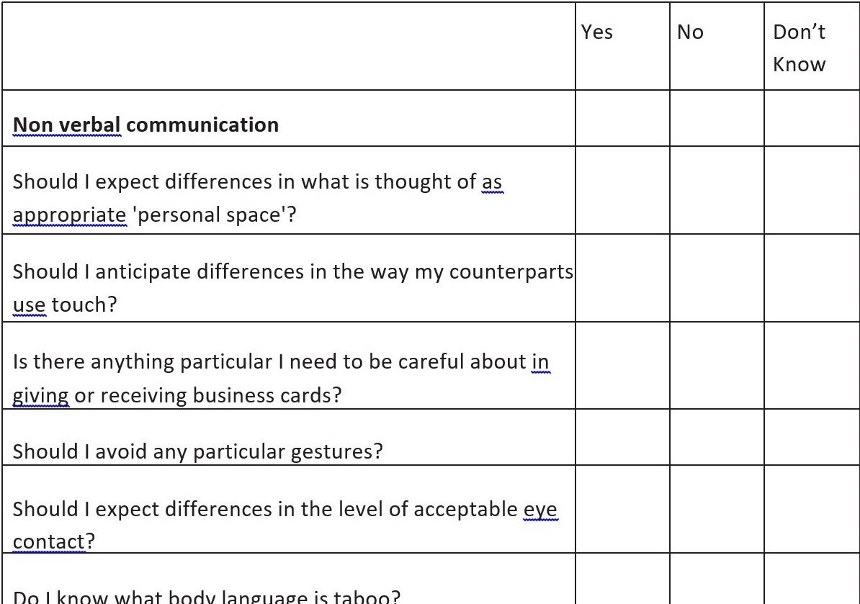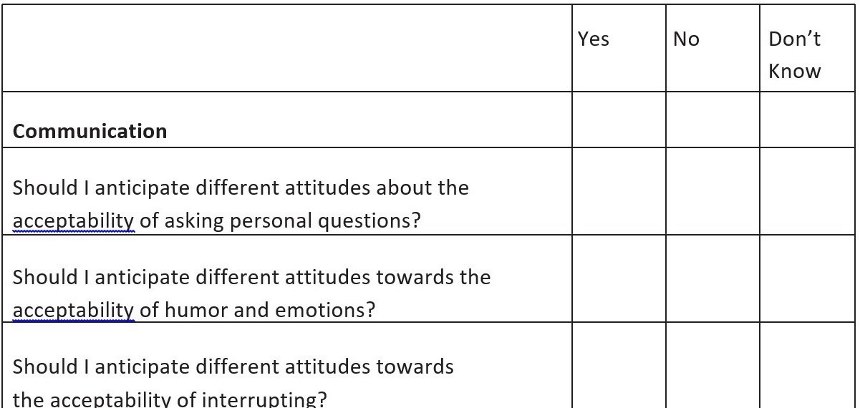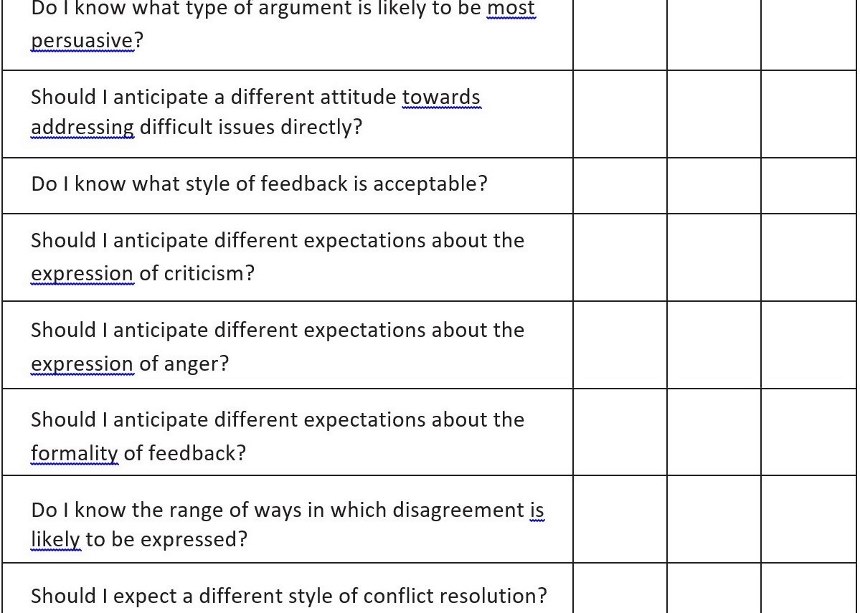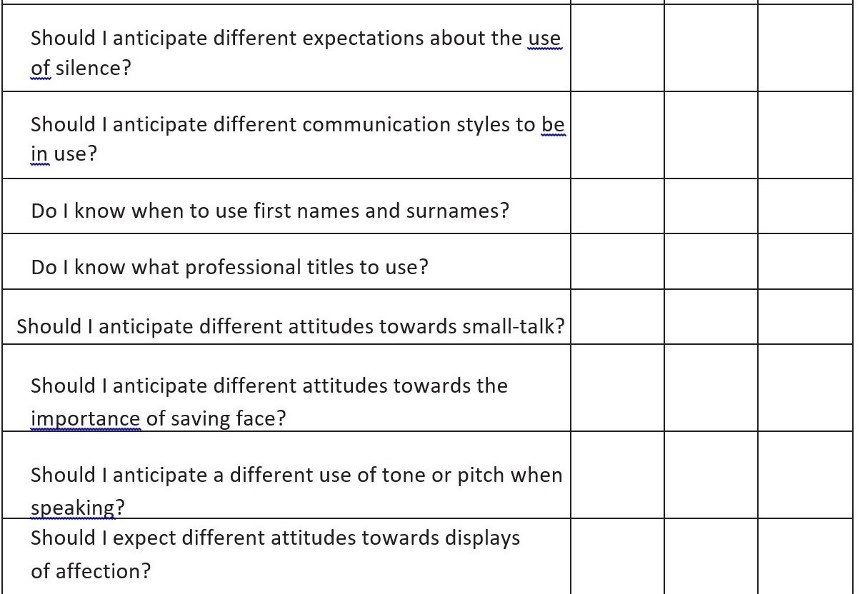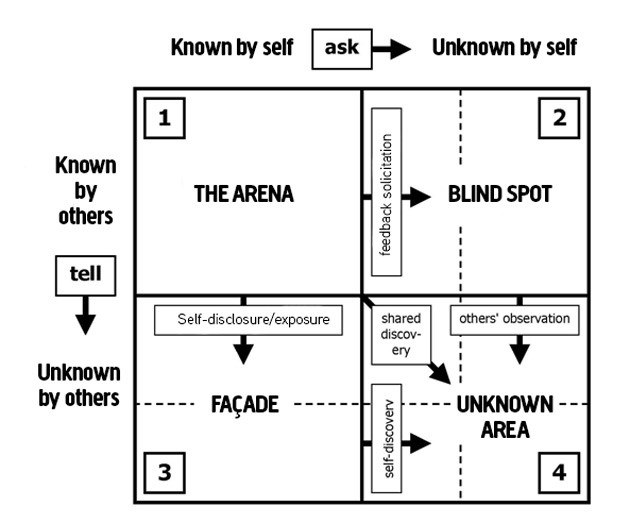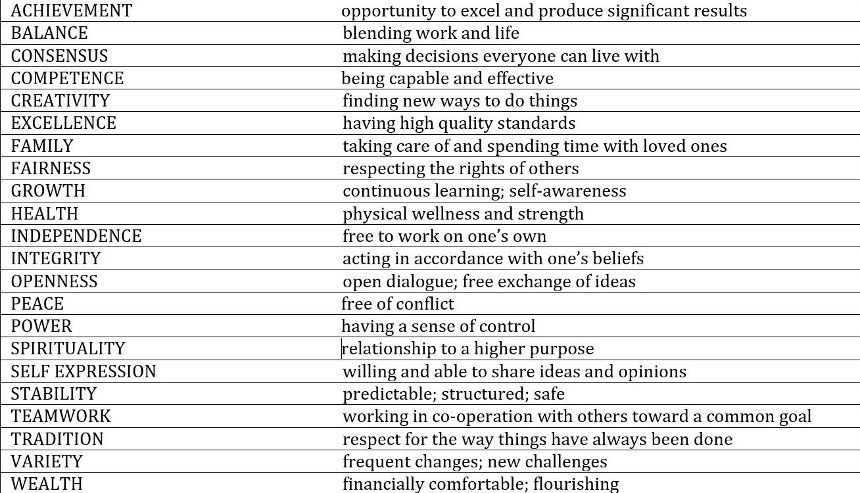Online curriculum
| Prerequisites: | A good command of English. |
| Overview: | This is an online learning environment the completion of which will result into enhanced intercultural awareness and an ability to perform in an international working environment |
| Study level: | Bachelor / Master / Any |
| Use of time: | 90 min per each topic section on the website (13 actual topics + other content) |
| Number of ECTS: | upon completing the whole course / module: 3 ects |
| Learning and training objectives: | to gain an understanding of the core concepts and topics in the field of intercultural communication with a clear focus on |
| Learning and training methods: | self-study, in-class training |
| Resource materials: | Primary- the interactive online modules and the ebook, supplementary – canva-based material and optional- suggested reading/links ( OLS? other online tests?) |
| Assessment: | self-assessment supported by a set of reflective questions. Online quiz providing score & feedback |
| Language of instruction: | English |
| Policies and procedures: | Establishing a system of curriculum evaluation through the engagement and empowerment of the target groups. Testing the environment and gathering feedback from the target groups |
OUTLINE OF THE COURSE
The following outline describes the main topic content introduced in all three elements; interactive online modules, e-book and canva.
CHAPTER I
Learning Outcomes:
Knowledge and Understanding:
Intellectual Skills:
Practical Skills:
Transferable Skills:
Knowledge and Understanding:
- You will gain an insight into relevant concepts of culture and enhance your intercultural awareness in order to successfully and effectively communicate in an international business context.
- You will learn to understand what the term culture means and recognise the extent to which culture affects the way you view yourselves. You will learn to appraise and apply recognised models and approaches to analyse different aspects of culture.
Intellectual Skills:
- You will be able to master different communicative interactions effectively while critically reflecting intercultural challenges that may arise in an international business context.
Practical Skills:
- You will develop and demonstrate appropriate usage of communicative skills in English for intercultural (business related) encounters and learn more confidently to interact and engage with others in an international setting e.g. through role plays on negotiations, presentations, and meetings, usually using English as their “lingua franca”.
Transferable Skills:
- You will learn to critically reflect on yourself and acknowledge self-perception as opposed to your image in public/in other cultures, while also learning to perceive how your own behaviour can impact international encounters.
Learning Outcomes:
Develop a culture relative approach in understanding value differences across cultures through the examination of cultural value dimensions by e.g., Kluckhohn and Strodtbeck, Hall, Hofstede, Huntington, Trompenaars, House et al., and Inglehart-Welzel.
Develop a culture relative approach in understanding value differences across cultures through the examination of cultural value dimensions by e.g., Kluckhohn and Strodtbeck, Hall, Hofstede, Huntington, Trompenaars, House et al., and Inglehart-Welzel.
- Learn to mentally observe, describe, and interpret cultural differences.
- Learn to shift their value lenses and start, cognitively and emotionally, appreciate and understand culture-related differences.
Learning Outcomes:
Learn to understand the four-step cycle of cultural intelligence.develop a repertoire of skills and behaviours that can be applied to various kinds of cultural situations. gain in-depth knowledge about emotional intelligence.develop self-awareness and self-management of personal emotions and recognise emotions in others.
Learn to understand the four-step cycle of cultural intelligence.develop a repertoire of skills and behaviours that can be applied to various kinds of cultural situations. gain in-depth knowledge about emotional intelligence.develop self-awareness and self-management of personal emotions and recognise emotions in others.
Learning Outcomes:
- Learn to understand affective and cognitive filters (such as perceptions, ethnocentrism, stereotypes, prejudice and discrimination) and use them in interpreting and evaluating the behaviour of culturally diverse others.
- Become aware of their own ethnocentric tendencies.
- Learn how to reframe their own mindset through ethnorelative thinking.
- Learn to confront their own biases, and practice mindful stereotyping.
Learning outcomes:
Learn to understand the main concepts and the significance of interpersonal communication.
Learn to understand the main concepts and the significance of interpersonal communication.
Learning outcomes:
The role of showing respect, politeness, humour, informal and formal address in intercultural communication.
The role of showing respect, politeness, humour, informal and formal address in intercultural communication.
Learning outcomes:
- Central features in nonverbal communication.
- Implementation of nonverbal communication features in an intercultural environment.
- The role of body language, gestures, facial expressions and physical space in intercultural non-verbal communication.
Learners should perceive the importance of creating a durable relationship in negotiation, and understand how to use the four basic building blocks that can help them to create effective partnerships with the people they lead:
Learners should also receive tools on how to build trust within a relationship in a negotiation, based on a set strategy and depending on the intended outcome.
- Two-way communication.
- A strong commitment from the leader to the interests of those s/he leads.
- Reliability
- Respect for the contributions followers make to the organization.
Learners should also receive tools on how to build trust within a relationship in a negotiation, based on a set strategy and depending on the intended outcome.
- AACCC model
- Principled Negotiations model (Fisher and Ury)
Learners should understand:
- Several important, current trends in the international business climate.
- Negotiation and meeting styles of several countries and types of cultures will be discussed as examples of how differences shape such communication.
- How to organize business negotiations and to hold meetings in an international setting, for which a summary of key points will be given to provide navigational guides.
- How to use a tool box of tactics to deal with general cultural and business differences, in order to be more effective.
Learners should understand:
- The core assumptions of Identity Negotiation Theory (INT).
- INTs relation to Social Identity Theory.
CHAPTER II
Learning outcomes:
- Students will get familiar with various approaches to leadership: from focus on the leadership personality through emphasis on the dynamics of the leader-followers relationship to a multi-layered approach taking into account various context factors.
- Students will understand how in the process of globalization the focus in leadership studies has shifted towards national level leadership studies as well as global leadership competences identification.
- Students will be aware of some interrelations between culture and leadership and implications for theoretical analyses and practice in a global context.
- Students will increase self-awareness of their own culture profile in the framework of selected cross-cultural leadership theories.
Learning outcomes:
- Learners will develop an awareness and ability to recognize the features that build global mindset.
- Furthermore, learners will be able to implement a global mindset at work.
Learning outcomes:
- You will get familiar with the concept of global leadership and its main challenges and barriers.
- You will understand what are the main roles of the global leaders and how to be effective in leading the teams.
- You will be aware of the main roles identify in global leadership concept.


